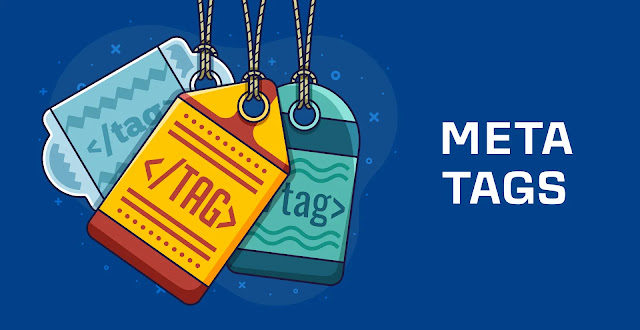Meta tags are an important aspect of search engine optimization (SEO) that can help improve the visibility and ranking of your website on search engine results pages (SERPs). In this blog post, we'll discuss how to create effective meta tags that can help you achieve better SEO results.
Title Tag
The title tag is the most important meta tag on your website. It appears as the clickable link on search engine results pages and tells the search engines and users what the page is about. Keep it concise, relevant, and include your primary keyword. Make sure the title tag accurately represents the content on the page.Description Tag
The description tag is the text that appears below the title tag on search engine results pages. It provides a summary of the page's content and encourages users to click through to your site. Keep it between 150-160 characters, include your primary keyword, and make it engaging and descriptive.Keyword Tag
The keyword tag was once an important factor in SEO, but it is now less important than it used to be. It is still worth including your primary keyword and some secondary keywords, but don't overdo it. Use variations of your primary keyword to help search engines understand the context of your content.Robots Tag
The robots tag tells search engines how to crawl and index your website. You can use it to prevent search engines from indexing certain pages or to instruct them to follow links on your site. Use the "noindex" attribute for pages you don't want to appear in search results, and the "nofollow" attribute for links you don't want search engines to follow.Canonical Tag
The canonical tag is used to prevent duplicate content issues. If you have multiple pages with similar content, use the canonical tag to indicate which page is the preferred version. This can help prevent your pages from competing with each other in search results.Open Graph Tag
The Open Graph tag is used by social media platforms to display a preview of your page when it is shared. It includes information such as the title, description, and image. Use this tag to ensure that your pages look good when they are shared on social media.Header Tag
The header tag (H1) is used to indicate the main heading of the page. Use it to include your primary keyword and make it descriptive and engaging. Use H2 and H3 tags for subheadings.In conclusion, creating effective meta tags is an essential part of SEO. By following the tips above, you can ensure that your website's meta tags are optimized for search engines and users. Remember to keep them concise, relevant, and engaging, and use your primary keyword and variations of it to help search engines understand the context of your content. Also to refer to 10 Common SEO Mistakes and How to Avoid Them and 7 Essential SEO Concepts Every Blogger Should Know on the SEO blog.


Comments